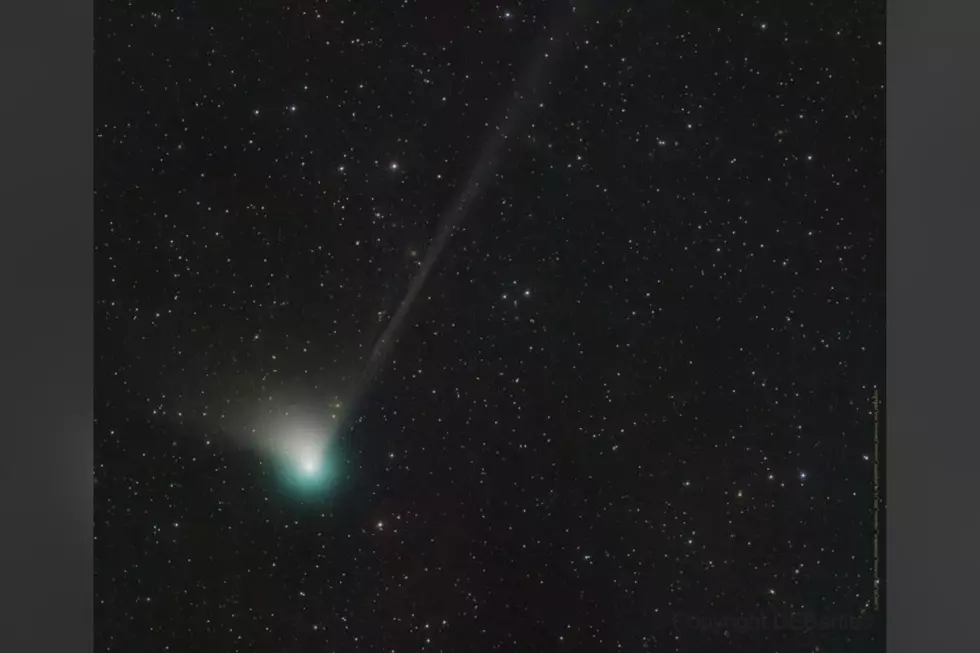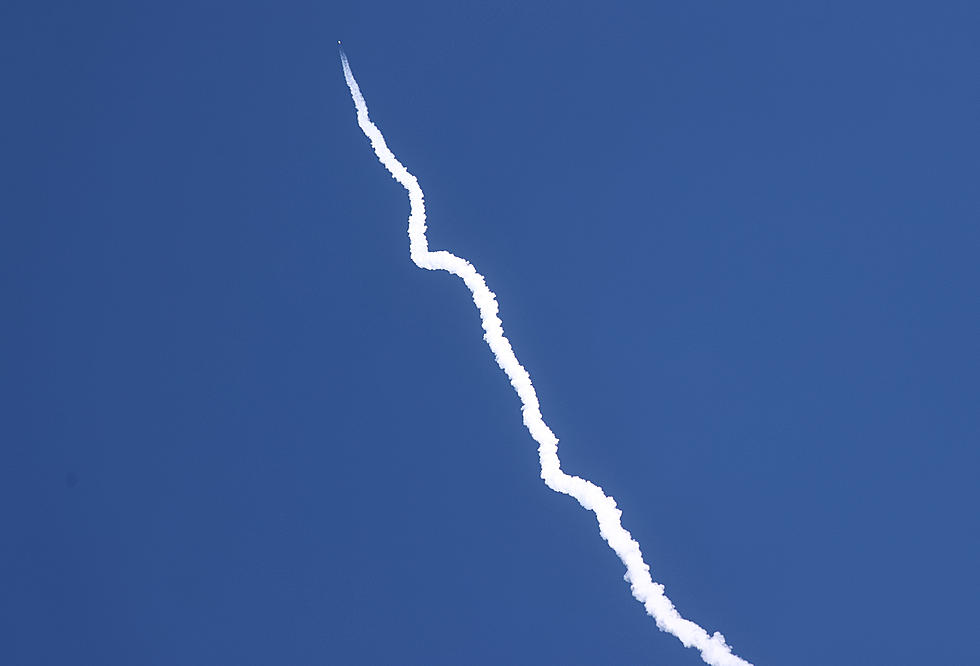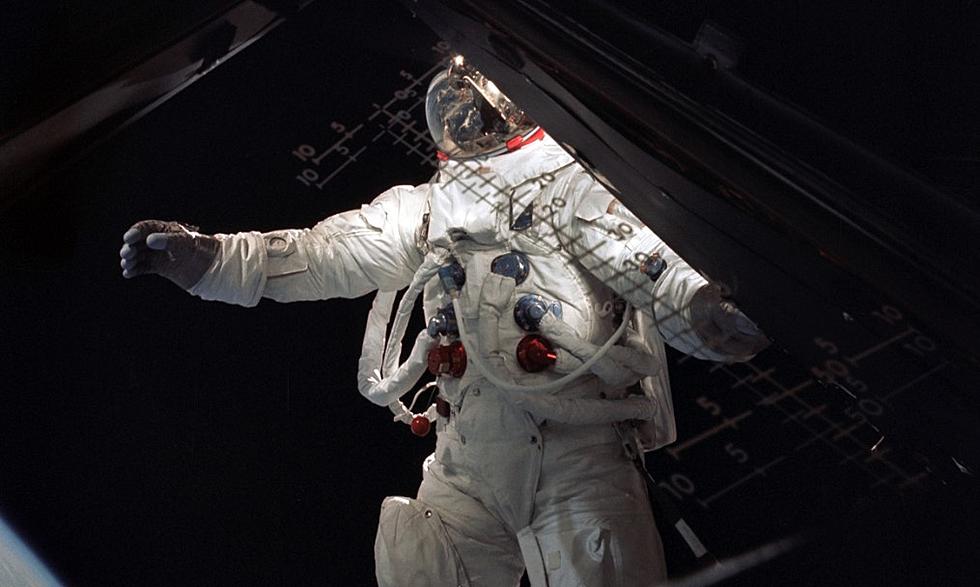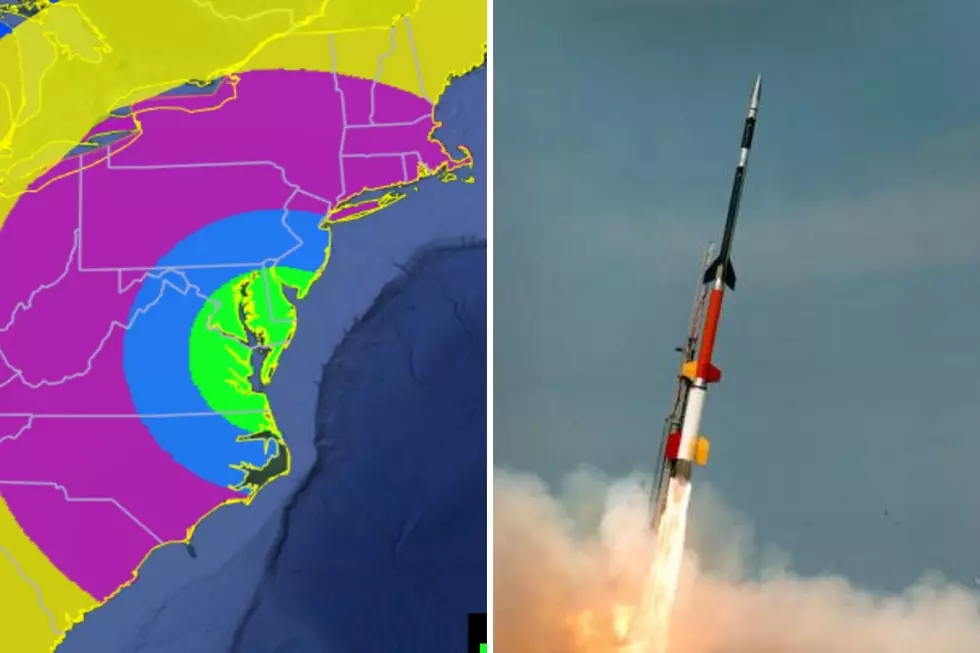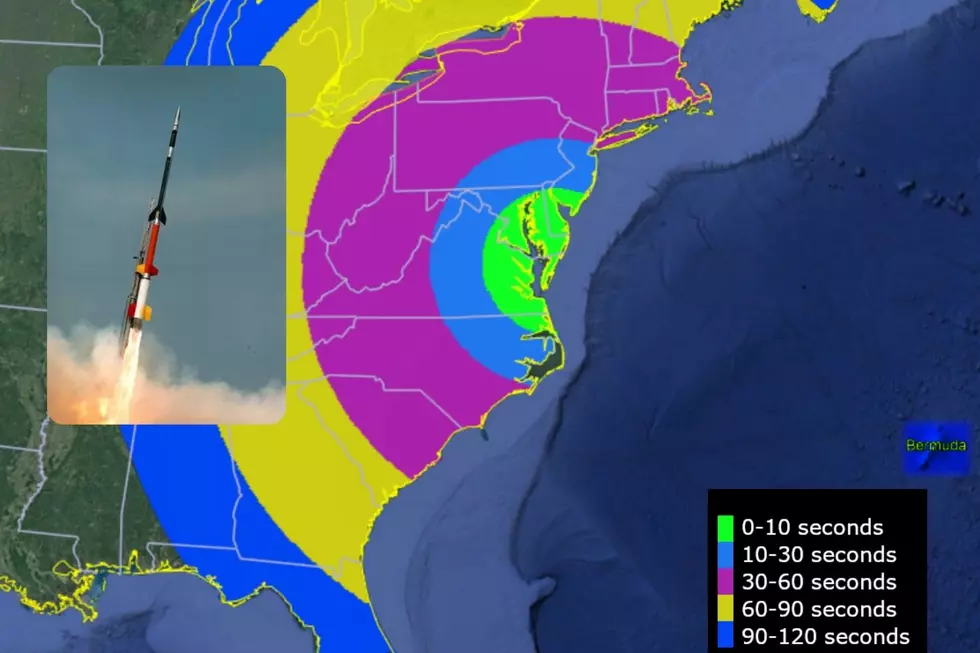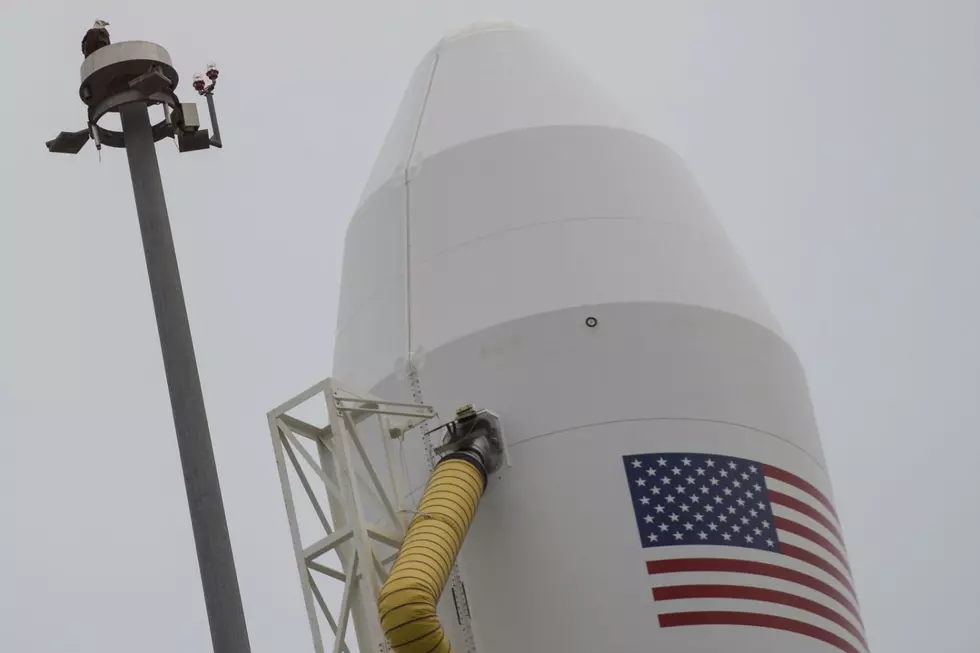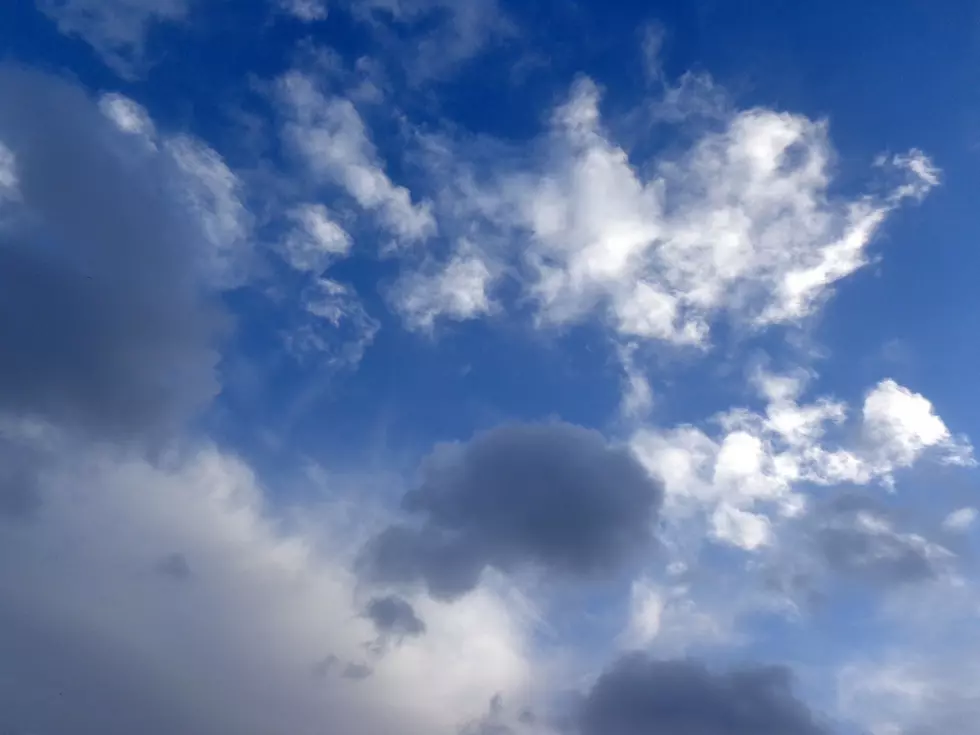
The gold in the rings on your fingers may come from space, NASA official says
Who knew that a major explosion in space called the neutron star merger is the reason we have bling in our rings?
NASA says a gamma-ray burst occurs when a massive star collapses under its own weight after two neutron stars collide with each other.
130-million light years away in August, NASA physicist Dr. Julie McEnery says it was their first ever viewing, "where we absolutely knew for sure that two neutron stars were colliding."
The explosion generated 500-times the earth's mass in platinum and 200-times in gold.
"We've shown, not just the merging neutron stars can produce gamma-ray bursts, we've also shown that merging neutron stars can produce many of the heavy elements that we have on earth," McEnery said.
NASA says they're the most dense and smallest of stars but they became so powerful they created ripples in space-time.
"They distorted space time by an amount that we can actually measure," McEnery said. "That amount is like the width of a human hair between here and our nearest star...four-light years away."
McEnery, explains the shift in space-time is minuscule so we wouldn't feel any major effect of such a collision.
"If you imagine taking a balloon and you squeeze the side of the balloon and it kind-of expands up at the top...that's kind of how the gravitational waves affect the earth," McEnery said. "You have a slight squeezing in one direction and a slight expansion in the other direction."
She says they're hoping to see more of the neutrons to better understand what they collide.
"There's interesting questions in astro-physics, there's interesting questions in fundamental physics that we can address and there's interesting questions in nuclear physics," McEnery said. "It's an absolute gold mine and we're really just scratching the surface."
While a fascinating site, she says they don't expect to see another one anytime soon.
"We expect these explosions to occur in any given galaxy once in ten-million years," McEnery said.
She says it's also very unlikely for one of these events to come anywhere near us on earth.
More From WOBM:
More From Beach Radio
